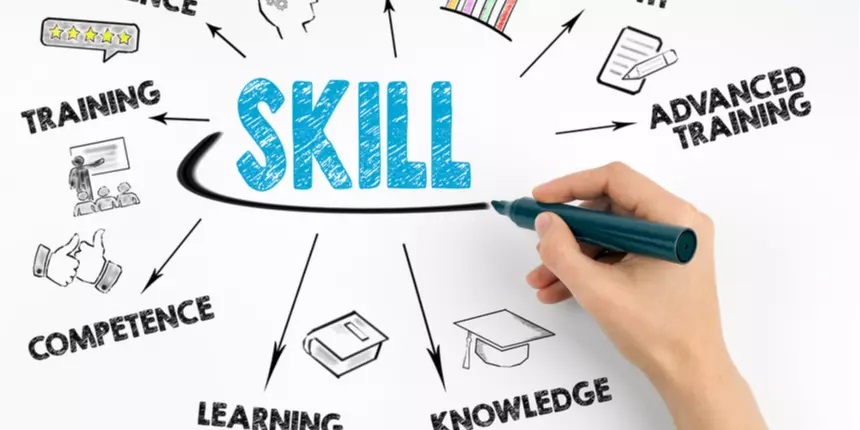In the wake of the global pandemic, the landscape of education, including JEE preparations, witnessed a transformative shift. The abrupt closure of physical coaching centers led to an unprecedented reliance on online platforms for learning. As the dust begins to settle, reflections on this period underscore the emergence of a hybrid coaching model, blending the benefits of both online and offline methods. This shift revealed that the future of JEE preparations lies in a flexible approach that integrates the strengths of conventional classroom teaching with the accessibility and adaptability offered by online platforms.
The conventional wisdom surrounding JEE preparations often revolved around the notion that physical coaching centers provided an irreplaceable environment for structured learning. However, the pandemic-induced restrictions forced a reevaluation of this perspective. Online coaching platforms demonstrated their efficacy, offering a level playing field for aspirants irrespective of their geographical locations. This newfound accessibility given by the institutes that offer Online JEE classes in Nerul proved to be a game-changer, enabling students from diverse backgrounds to access high-quality coaching resources without the constraints of physical proximity.
Moreover, the hybrid coaching model presented a unique opportunity for personalized learning. While traditional coaching centers follow a fixed schedule and curriculum, online platforms allow aspirants to tailor their study routines. This flexibility becomes particularly crucial given the varied learning paces and preferences among students. The ability to revisit lectures, access JEE preparation ONLINE material, and progress at one’s own pace empowers aspirants to cultivate a deeper understanding of the subjects, fostering a more comprehensive preparation strategy.
In the realm of JEE preparations, the role of technology became more pronounced with the hybrid coaching model. The integration of Artificial Intelligence (AI) and data analytics in online platforms enables personalized feedback and adaptive learning modules. These technologies analyze the performance of aspirants, identifying strengths and weaknesses to tailor the learning experience accordingly. This data-driven approach not only optimizes study plans but also facilitates targeted interventions, addressing specific areas that require improvement.
However, the hybrid coaching model does not diminish the significance of physical coaching centers entirely. The traditional classroom setting offers a conducive environment for peer interaction, collaborative learning, and real-time doubt resolution. The interpersonal dynamics between students and teachers foster a sense of community, providing emotional support crucial for the demanding journey of JEE preparations. The hybrid model, therefore, leverages the strengths of both online and offline methods, creating a comprehensive support system for aspirants.
The post-COVID era also highlighted the importance of resilience and adaptability in JEE preparations. The uncertainties of the pandemic underscored the need for aspirants to be well-versed in navigating various learning platforms. The hybrid coaching model equipped students with the skills to seamlessly transition between online and offline modes, preparing them not just for JEE exams but for the evolving dynamics of higher education and professional realms.
The lessons learned from JEE preparations post-COVID point towards the indispensability of a hybrid coaching model.




